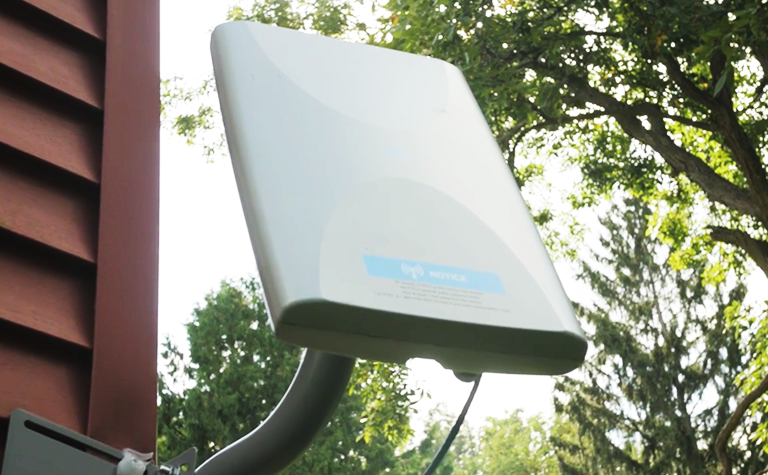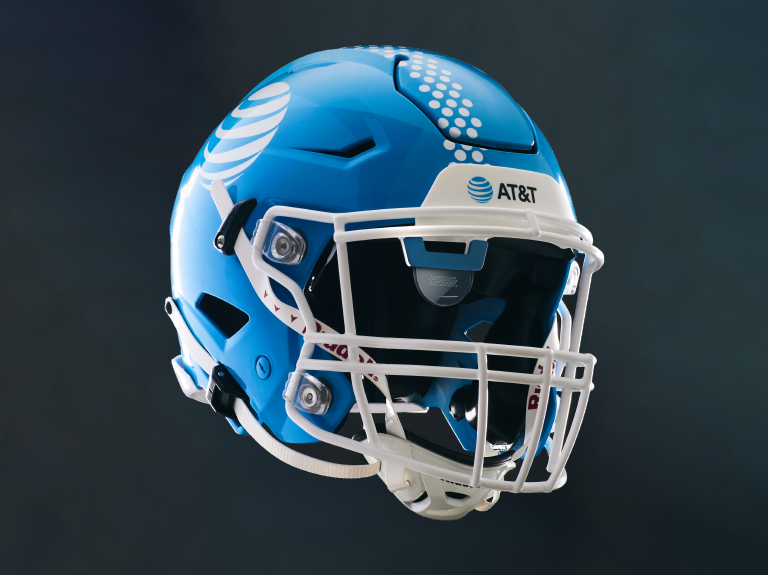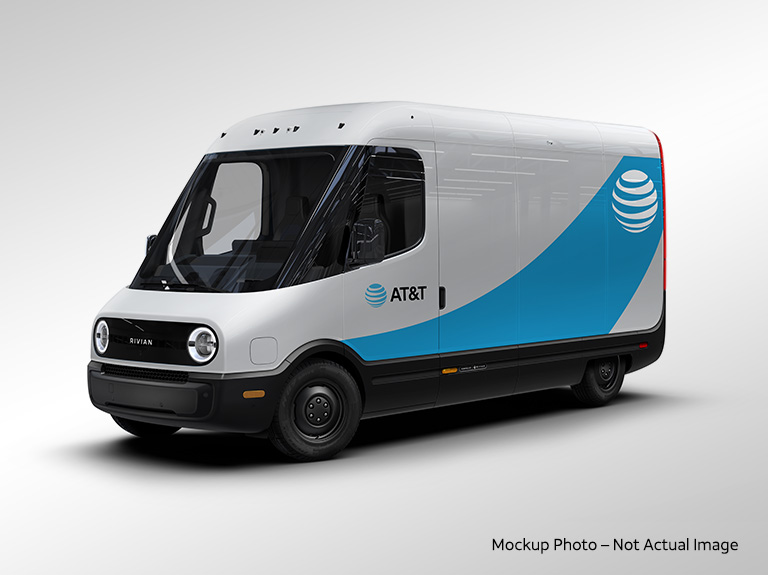AT&T Lays Out Its Strategy for 5G in Business
Three pillars of 5G bring the business experience into the future
Businesses are leading the 5G revolution, and AT&T* is going to give its business customers a full 5G toolbox. We’re the first carrier to publicly lay out what we’re making available to help businesses get the most out of this technology.
America’s 15 million businesses increasingly look to technology to drive outcomes, but their needs range drastically – from connecting a single location, to using networking to connect smart facilities with the latest technologies like artificial intelligence and mixed reality.
This is why our approach to 5G in business isn’t focused on just one solution, but instead brings multiple pillars that reflect our customers’ diversity and needs. Real solutions that we’re bringing to the market today. We’re building our networks to allow fiber-based connectivity and LTE to work efficiently in parallel with 5G solutions, maximizing the impact of a business’s transformation.
Our standards-based approach comes to life via 3 main service pillars:
- Mobile 5G
- Fixed Wireless
- Edge Computing
"The 5G services we're rolling out and combining with our advanced network capabilities will help businesses fundamentally change for the better," said Mo Katibeh, CMO, AT&T Business. "It will open up opportunities to increase revenue, reduce operational costs, and ultimately create amazing new experiences for employees and customers. Whether it's a local startup, a growing regional company, or national enterprise, these 3 pillars are going to be groundbreaking."
Mobile 5G
LTE ushered in the age of mobilization for the American worker. Almost every business has employees that use mobile devices. Whether it's for employee communication, or for point-of-sale devices, mobile technology is more important than ever.
It is critical that any mobile 5G experience for business allows seamless transitions between Wi-Fi, LTE and 5G.
This is why we will deploy a standards-based nationwide mobile 5G network in early 2020. That network will allow for seamless handoffs between Wi-Fi, LTE and 5G, virtually anywhere a business customer may go.
So far, we’ve confirmed plans for two new 5G devices in 2019. In addition to the NETGEAR Nighthawk 5G Mobile Hotspot we launched in 2018, we’re working with Samsung to offer two Samsung smartphones this year.
In the parts of the 12 cities where our standards-based mobile 5G network is live today, we're working with businesses to create and innovate new experiences. As we expand the network, these businesses are helping us pave the way for the astounding impact 5G will eventually have nationwide.
We also opened a space within in our AT&T Foundry in Plano, Texas specifically dedicated to prototyping solutions for industry verticals. We'll soon be bringing 5G to this space, allowing us to co-create 5G solutions with our customers as well as explore the future of enterprise innovation.
Fixed Wireless
Whether it’s for primary connectivity or as a secondary connection to enable reliability, businesses look to fixed wireless solutions to help serve a wide range of needs, like setting up new locations faster.
With a fixed wireless solution, a quick service restaurant could get their point-of-sale devices working the same day they open, and keep their devices connected even if primary connectivity is ever interrupted.
AT&T Business now offers AT&T Wireless Broadband, which has data options and flexibility to help meet each business’s specific needs. In the coming weeks, we will offer multiple speed tiers up to 50Mbps. This solution builds on our leading fiber distribution. Nationwide, over 8 million business customer locations sit within 1,000 feet of our fiber, and we connect nearly 2.2 million locations with fiber today.
This current fixed wireless offering helps lay the groundwork for our customers to upgrade and take advantage of AT&T 5G when its available in their area.

Edge Computing
Edge computing is expected to bring a sea-change in how businesses can use cellular data to massively improve their operations. Edge computing allows businesses to route application-specific traffic to where they need it and where it's most effective - whether that's in the cloud, the edge of our network or on their premises.
AT&T Business now offers AT&T Multi-access Edge Compute (MEC). This edge computing solution uses our own software-defined network to enable faster access to data processing, and gives flexibility in how businesses manage their cellular traffic through on-premise hardware and software. With MEC they can process low-latency, high-bandwidth applications closer to where they’re used to help create new outcomes and capabilities.
This could mean new machine learning opportunities and more connected devices. Healthcare facilities could process and transfer data-intensive images between devices in the exam room, and transfer that information to the doctor in near-real time. Or manufacturers could process connected sensor data and robotic operations on a scale they couldn't before.
Plus, the data that runs through AT&T MEC can be routed to their cloud or stay within an enterprises’ private environment to help increase security.
AT&T MEC can be deployed today using LTE or 5G connectivity, for both mobile and fixed wireless applications. Looking at a smart factory as an example, robotic production lines and autonomous forklifts are just two potential uses.
We’ve recently announced deals with AT&T Stadium, and Rush University Medical Center to set up 5G with a focus on MEC.
"Healthcare systems use a lot of networking power, and 5G is going to be a turning point in how mobile networks are used in caring for patients. Using multi-access edge compute, the possibility of robotics and increased telehealth are two aspects of healthcare that we're planning to explore," said Dr. Shafiq Rab, senior vice president and chief information officer, Rush University Medical Center and the Rush System for Health. "Ultimately, it's about creating better outcomes for our patients. 5G combined with MEC will give us the foundation to provide patients better service, and increase the quality of care we provide."
As we look to the future, edge computing solutions are expected to become available to serve broader metro environments, and will give things like autonomous vehicles, AR/VR and drones new life.
We’ll be sharing more about our edge computing services this year.
We’re the First to Bring Everything Together for Businesses
AT&T is using these three pillars to help businesses move into the future. It all works together to give them the best tools to operate more efficiently, reach new customers, and increase loyalty. We are bringing the business experience into the future with 5G.
"5G is the gateway to an entirely new world for businesses, but it needs multiple technologies coming together to achieve its true potential," said Jason Leigh, senior research analyst at IDC. "Leveraging the low latency, increased connection density and high bandwidth power of 5G will allow businesses to deploy integrated solutions that accelerate their own digital transformation, and drive productivity improvements, efficiency gains and enhance customer satisfaction faster than ever before."
"AT&T Business brings solutions to life that allow businesses to innovate and shape the daily lives of consumers," said Katibeh. "Our new mobile 5G, fixed wireless, and MEC services can help take businesses to the next generation of connectivity."






